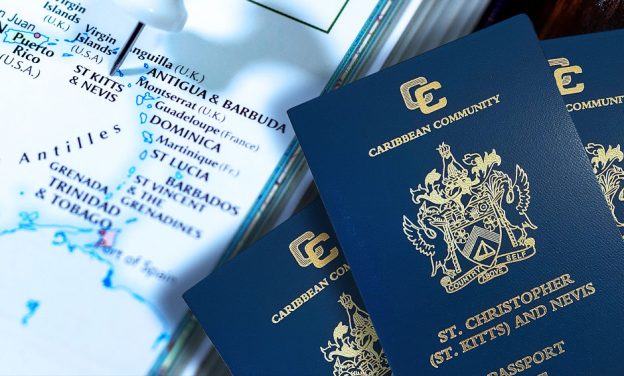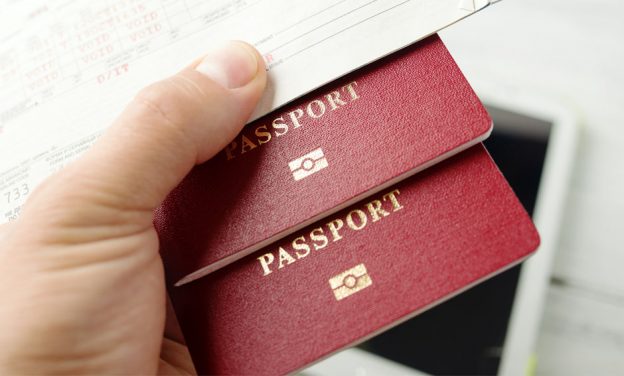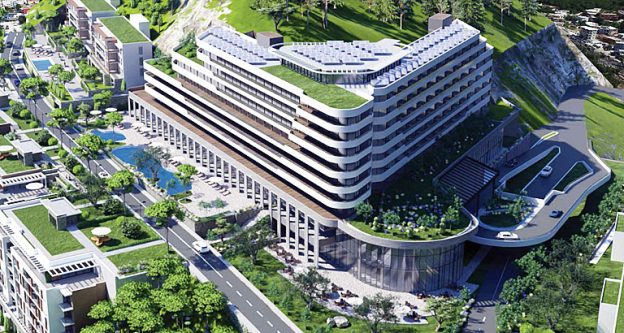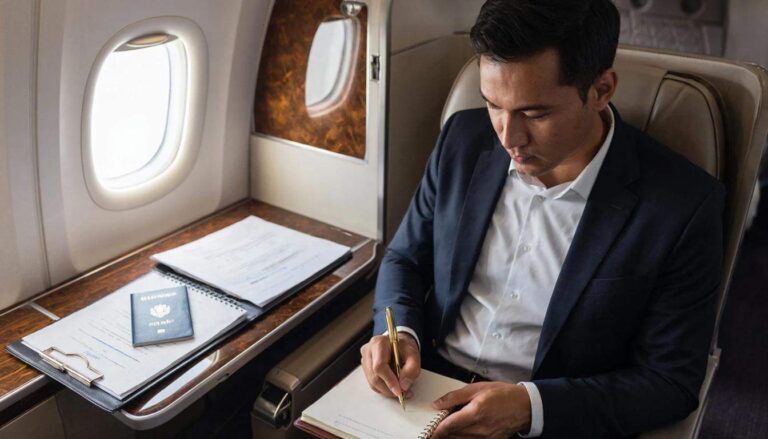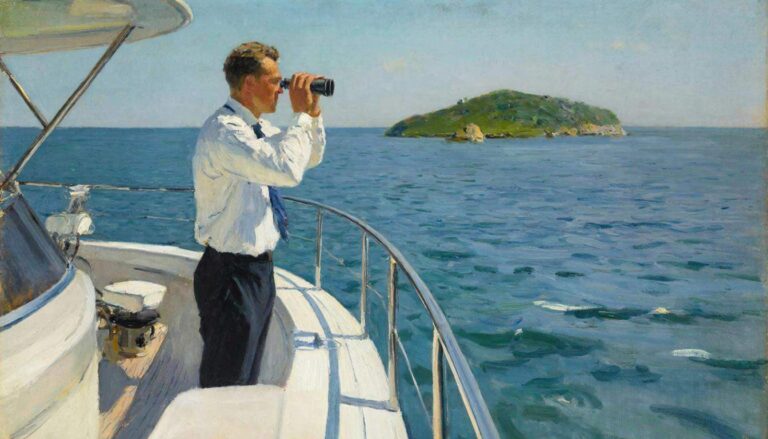Today’s high-net-worth individuals (HNWIs) are increasingly looking beyond their usual itineraries. New York, London, and Paris remain status symbols, but they no longer offer the sense of uniqueness that people are willing to pay top dollar for. True luxury today isn’t just about square footage in a prestigious neighborhood, but about participating in the creation of new worlds. And whether it’s an island under the scorching Arabian sun or an experimental zone in the Caribbean, wealthy individuals are seeking the opportunity not only to own a home but also to write their name into the future.
New spots on the HNWI map
— Laheq Island
The Red Sea shines especially brightly at midday. A gentle sea breeze brings the scent of salt and seaweed, and the outline of Laheq Island looms on the horizon – still a modest speck of land, but in the coming years it will become one of the most coveted spots on the map of the global elite. Here, among coral reefs and white sand, Saudi Arabia decided to build not just a resort, but a new center of attraction for wealthy people from all over the world.
Red Sea Global, a company owned by the kingdom’s sovereign wealth fund, has unveiled a project that rivals Dubai’s most ambitious initiatives in scale. More than five hundred villas and over two hundred apartments are planned for construction on the four hundred hectares. The architects promise a harmonious blend of modern minimalism and Arabian traditions: snow-white facades, terraces immersed in greenery, and roofs designed to respect the natural landscape.
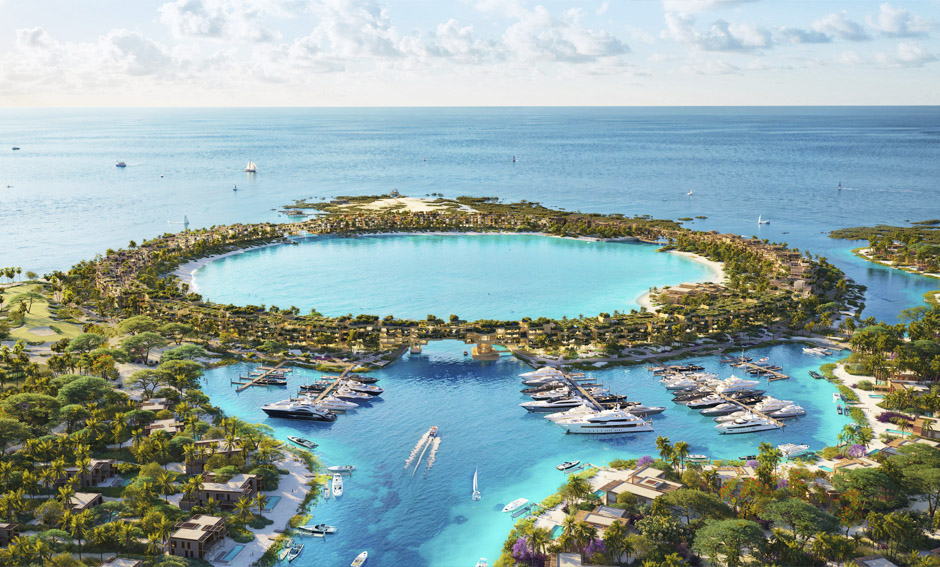
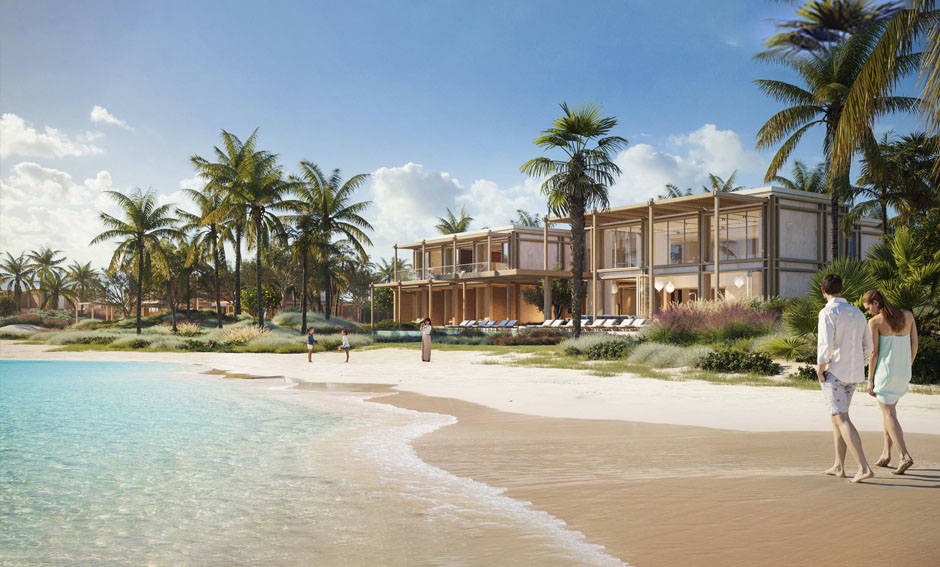
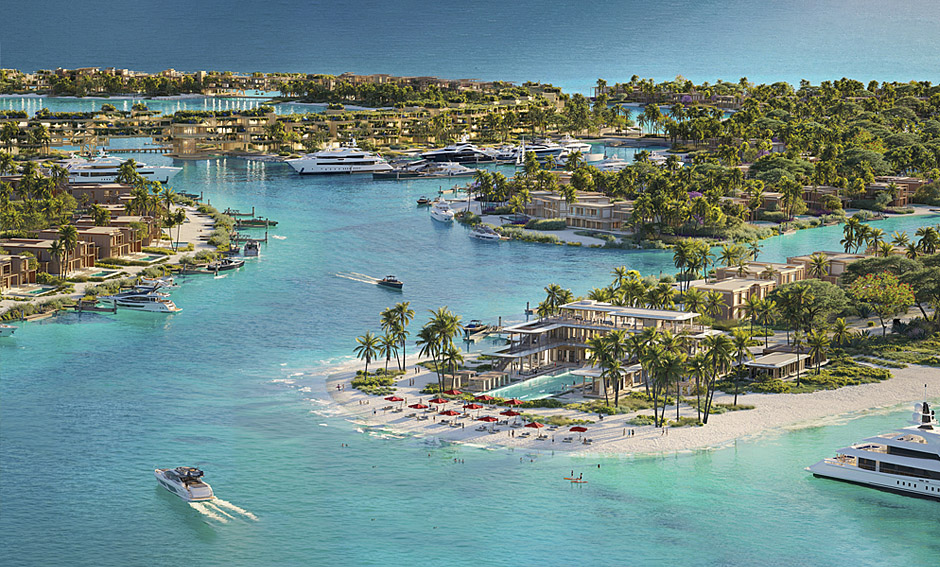
Each residence at Laheq Island will be a work of architectural art, with floor-to-ceiling windows, private pools, and private beach access. Owners will have access to a yacht club, luxury beach bars, and a watersports school, while the sea-view golf course will become the region’s new calling card.
The price matches the promised luxury for HNWIs: one and a half million dollars is enough for only a modest apartment, and the most spacious villas will cost forty million.
How it was planned and how it is actually going
The first batch of Laheq Island properties sold out like hot cakes, with deals worth nearly four hundred million dollars already signed. Authorities expect to attract another half a billion dollars in investment in the near future. However, the challenge is considerable: investors will have to ensure that the country’s strict social and cultural norms do not become an obstacle for a cosmopolitan public accustomed to freedom and comfort.
However, anticipation is already palpable on the island. Realtors working with the first clients are noting extraordinary interest from wealthy buyers from Europe and Asia.
“For many, it’s not just the sea and sun that’s important,” says one agent, “but also the opportunity to invest in a project that changes the image of an entire country. It’s an investment not just in real estate, but also in history.”
— Próspera
A completely different experiment is unfolding overseas for HNWIs. On the Caribbean Island of Roatán, the Próspera project is being born – a city of the future where freedom is the main commodity. Its creators promise investors and residents almost complete autonomy: minimal taxes, deregulation, and the ability to choose their own laws. Registering a company here takes just a few hours, and the tax rate is incredibly low by global standards – five percent of income tax and one percent of corporate tax. This regime immediately attracted entrepreneurs in the fields of biotechnology, longevity medicine, cryptocurrency, and fintech.
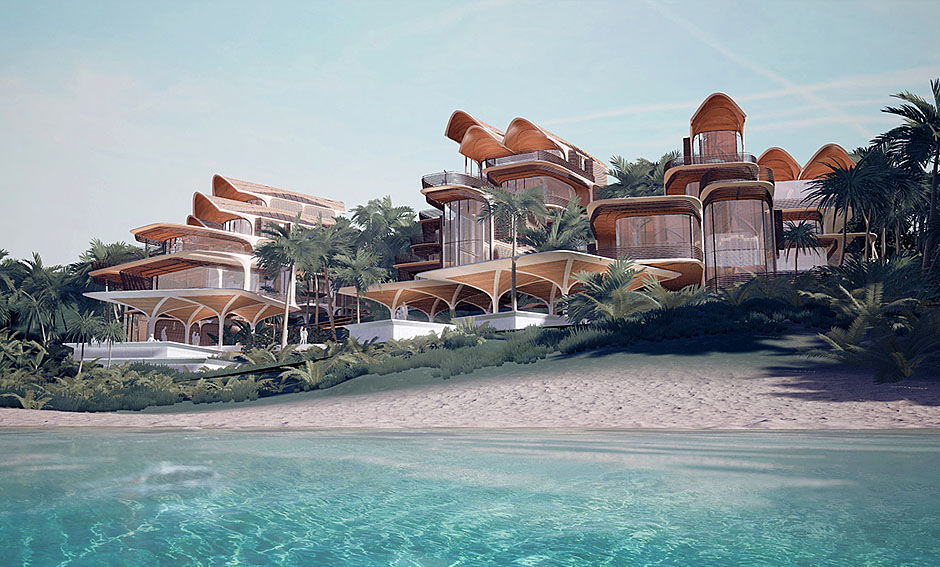
Zaha Hadid Architects with AKT II and Hilson Моrаn have developed а digital architectural platform to create homes for Roatán Próspera. The residential designs аrе а specific ecological and social response to the climate, terrain and culture of Roatán in the Caribbean, the largest of the Вау lslands of Honduras.
The island is already home to laboratories developing life-extending drugs, and startups testing financial instruments that would have long been strictly banned in the US or Europe. The streets of Próspera are filled with the voices of those who believe in the future. One entrepreneur, originally from California, admits, “My project would never have been approved in the US – there are too many barriers and inspections. Here, I have a chance to prove it works. Yes, the risk is enormous, but it’s risk that drives progress.“
How it was planned and how it is actually going
Próspera looks like a utopia: spacious coworking spaces with ocean views, campuses for young companies, and villas for residents. The atmosphere resembles a cross between Silicon Valley and a luxury tropical resort. However, the reality is far from rosy. Many of the skyscrapers and residential complexes shown in presentations remain just pictures. The island’s infrastructure is limited, and the national government is increasingly vocal about how such zones undermine Honduran sovereignty. The President of Honduras has already stated the need to revise the terms, and investors, in turn, are threatening international lawsuits for billions of dollars.
Nevertheless, Laheq and Próspera share one thing: a desire to offer the elite not just housing, but a new reality. Some choose the peace and privacy of the Red Sea’s coral reefs, others freedom from traditional laws and taxes. In both cases, it’s about being first where history is just beginning.

